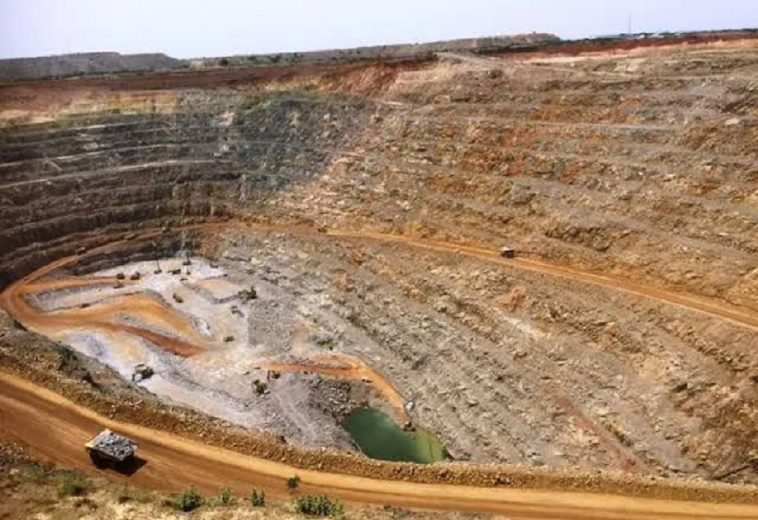Effective communication is pivotal in running businesses, administering government functions and maintaining social relationships. Although this crucial factor of life is often under-emphasized, it is responsible for the transfer of information, socio-political mobilization and preservation of history and cultural heritage.
Thanks to the technology revolution, communication across distances is not only possible but faster thereby improving the timeliness and usefulness of the information.
The advent of digital technology has been a major leap in communication. The availability of these technology has made communication not only easier and faster but has increased its reach. Digital technology has influenced communication and has birthed a new range of tools that improve communication transmission. Some of these tools being; smart phones, computers, digital cameras, virtual reality and so on.
These communication devices have impacted life in Africa in so many ways namely;
Education: Modern technology has impacted the educational sector immensely. Mobile and digital technology has influenced the way lectures are given, students study, researches are carried out and studies are stored. The internet has made study and research so easy; students rely on e-libraries and e-books to study and do their researches. International seminars and colloquiums have been facilitated thanks to video conferencing platforms such as Zoom, Microsoft Teams, and Google Meet.
Social Interaction: Thanks to social media platforms like Facebook, LinkedIn, and Twitter, communication across national borders has been facilitated. Family and friends can keep in touch from one end of the continent to another. Social media provides a space for sharing updates, promoting products, and engaging with people from different cultures and backgrounds.
Translation and Language Tools: Digital technology has improved communication between diverse cultures and languages through machine translation tools such as Google Translate and DeepL. Translations in the case of face-to-face conversations have also been facilitated by tools like Pocketalk and Travis Touch. This is particularly useful for travelers and in conducting international business or geopolitics.
Artificial Intelligence and Automation: Technology innovations has given birth to the advent of Artificial Intelligence (AI) which is taking the world by storm. AI-powered chatbots handle routine inquiries and provide support across different time zones, they communicate in multiple languages, offering instant responses to customer questions and free up human resources for more complex tasks. AI manages the challenges of coordinating meetings, streamlining the scheduling process, and ensuring timing.
READ ALSO: Optimizing Egypt’s Food Value Chain with Cutting-Edge Technology
Security: Technology has revolutionized security globally and Africa is not let out. Thanks to satellite technology and cybersecurity, security institutions survey and investigate sensitive information, secure and monitor security characters like air space, sea routes, and communication channels. Cross-border communication involves information sharing across borders and technology helps maintain end-to-end encryption, secure VPNs, and multi-factor authentication that help protect data and maintain privacy during international exchanges.
Technology has profoundly enhanced cross-border communication by providing tools that make interactions more immediate, accessible, and effective. Digital communication platforms and AI-driven automation have helped overcome the challenges of distance and cultural differences and as technology continues to evolve, innovations will continue to be realized, making international collaboration more seamless and efficient.




